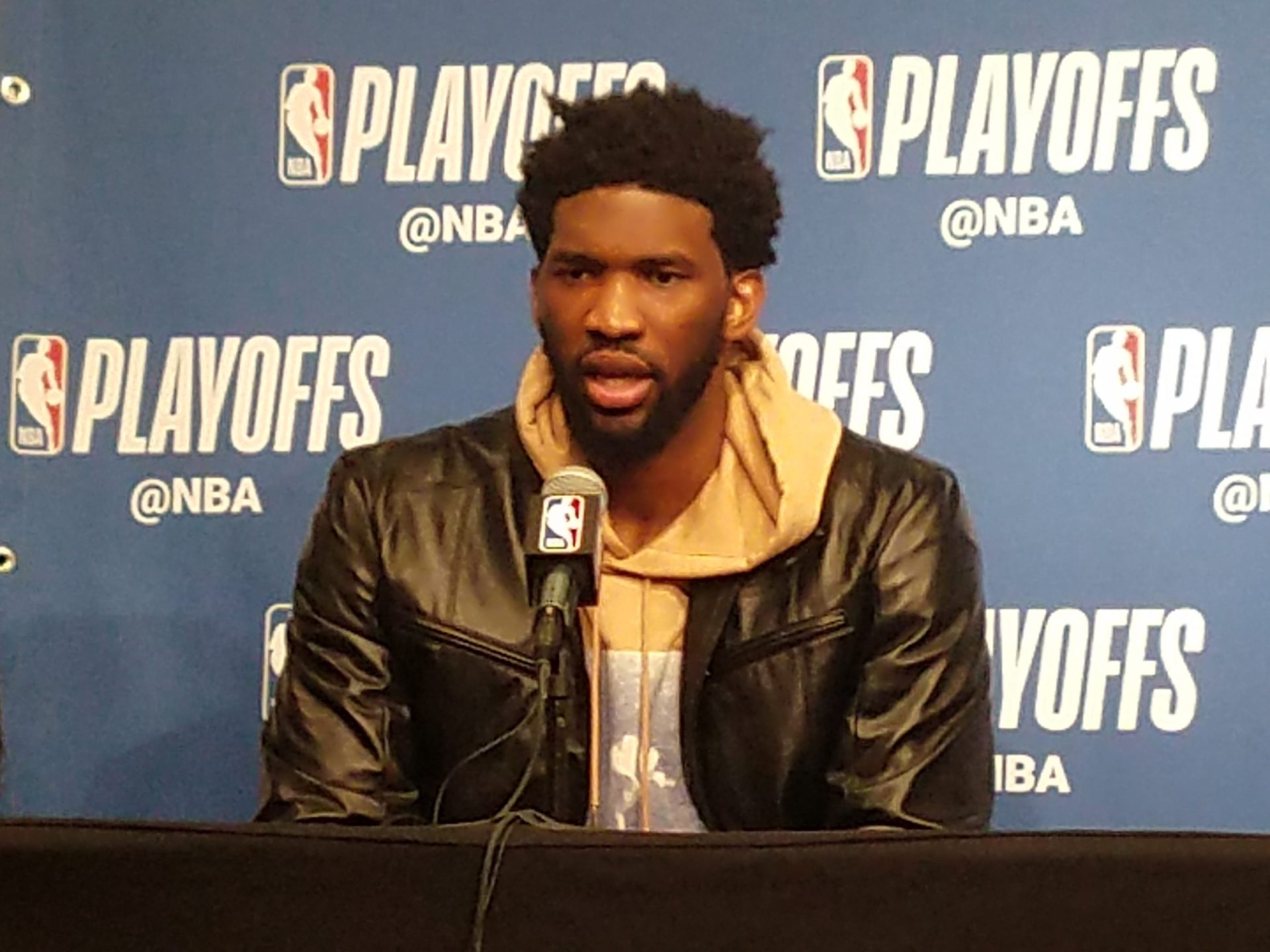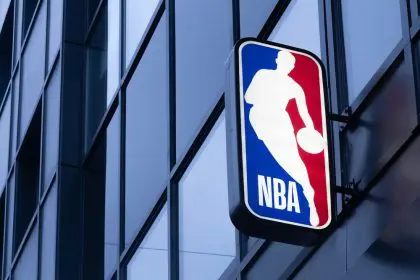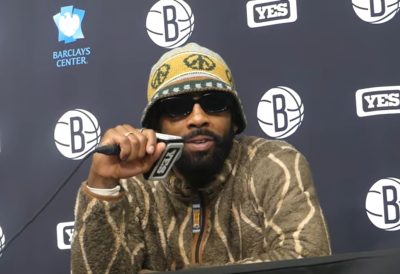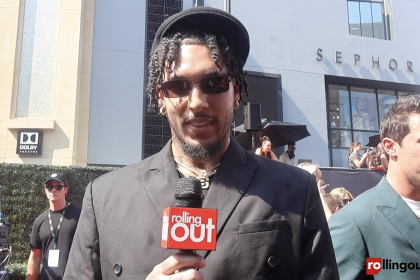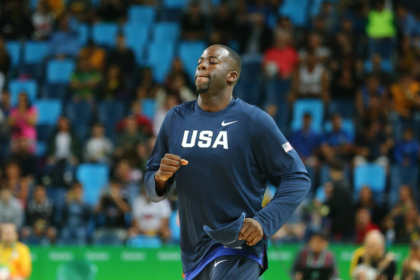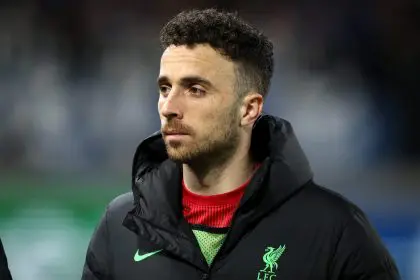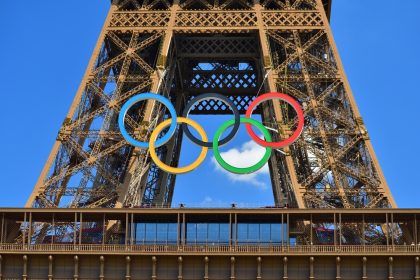Philadelphia 76ers center Joel Embiid received a three-game suspension from the NBA without pay after a confrontation with a media member, adding pressure to his team’s already challenging 1-5 season start.
The NBA announced the suspension Nov. 5 following Embiid’s altercation with Philadelphia Inquirer columnist Marcus Hayes after the 76ers’ loss to Memphis. The incident centered on Hayes’ column discussing Embiid’s son and late brother, both named Arthur.
Embiid confronted Hayes about the personal nature of the article, warning “The next time you bring up my dead brother and my son again, you are going to see what I’m going to do to you and I’m going to have to … live with the consequences.” The situation escalated to physical contact when Embiid pushed Hayes after the journalist responded “but you do” to Embiid’s claims about disregarding media opinions.
NBA executive vice president Joe Dumars addressed the incident firmly: “While we understand Joel was offended by the personal nature of the original version of the reporter’s column, interactions must remain professional on both sides and can never turn physical.”
The suspension delays Embiid’s season debut until the NBA Cup opener against New York on Nov. 12, further complicating Philadelphia’s rocky start.
The incident reveals deeper tensions between Embiid and media coverage of his career. Just before the altercation, he expressed frustration with suggestions he was avoiding play due to knee issues.
“When I see people saying, he doesn’t want to play, I’ve done way too much for this city putting myself at risk for people to be saying that. I do think it’s bullshit,” Embiid said, highlighting the emotional toll of public scrutiny on athletes.
The suspension impacts a 76ers team already struggling this season. Embiid’s absence, combining knee recovery and disciplinary action, creates additional challenges for a squad seeking to find its footing.
The incident spotlights ongoing tensions between athletes and media. While players face intense scrutiny, the NBA emphasizes maintaining professional boundaries in all interactions.
League officials hope the suspension serves as a deterrent against similar incidents. The emphasis remains on fostering respectful relationships between players and journalists covering the sport.
For Philadelphia, the focus shifts to weathering Embiid’s absence. The team must adapt their strategy while their star center processes this latest controversy.
The situation raises questions about media coverage boundaries and athlete privacy. While journalists provide necessary coverage, the incident highlights sensitive areas around family and personal loss.
Basketball analysts note this adds another layer of pressure to Philadelphia’s season. Beyond win-loss records, the team must now manage increased media attention and potential locker room impacts.
Embiid’s eventual return will face heightened scrutiny. His response to this incident could influence both team dynamics and his relationship with media moving forward.
As the 76ers navigate this challenging period, the broader NBA community watches how this incident might reshape player-media interactions across the league.

